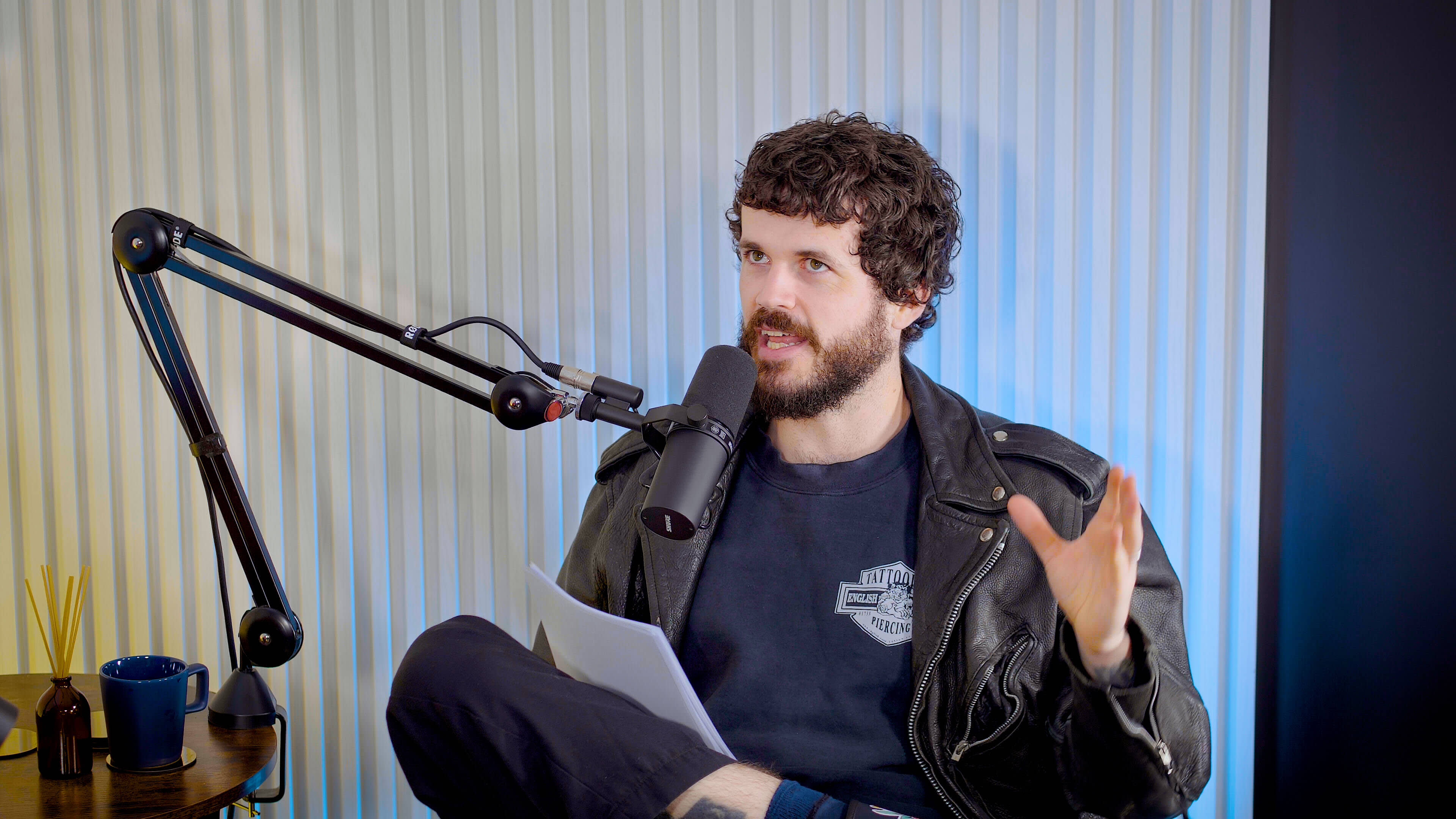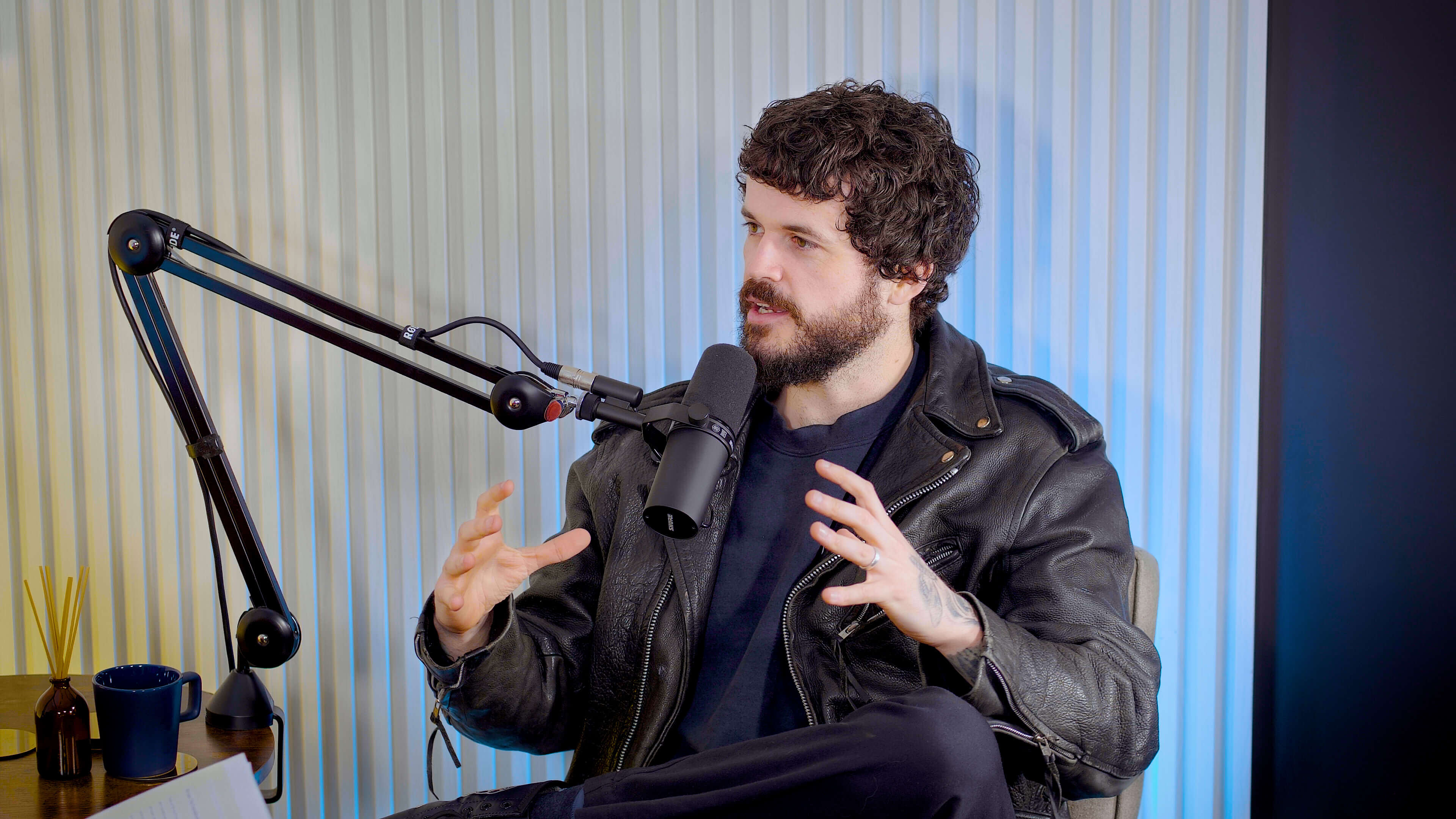
“Think how ridiculous it is to say, "Just tell me what to do!' What advice could I possibly give? A much better plea is, 'Help me train my mind to handle any situation.' That way, if life throws you off script, you won’t be scrambling for instructions.” - Epictetus
Sales rarely follows a perfect script. And being great at your job doesn’t mean just reciting lines. You must read the room, listen, and adapt in real time.
Epictetus reminds us: instead of asking for step-by-step instructions, train your mind to handle any situation.
Processes and scripts have their place, but they should never be a crutch.
The top performers? They thrive when things go off-script, pivoting with confidence and asking the right questions.
When change is inevitable, adaptability is everything.
Actionable tips:
- Instead of relying solely on scripts, role-play different scenarios where you must respond without pre-prepared answers. Routinely practicing this with a colleague will help you both become more agile and quick-thinking.
- Focus on truly hearing your prospect rather than just waiting for your turn to speak. This helps you respond in a way that’s relevant, not rehearsed.
- Get comfortable with not having all the answers immediately. Instead, develop a framework for asking better questions and guiding the conversation effectively.
Remember you will die.
—
Subscribe to The Sales Stoic for daily insights: https://www.dealfront.com/resources/newsletters/the-sales-stoic/
Follow Jack & Zac: Jack: https://www.linkedin.com/in/jack-frimston-5010177b/ Zac: https://www.linkedin.com/in/zac-thompson-33a9a39b/
Connect with We Have a Meeting: LinkedIn: https://www.linkedin.com/company/we-have-a-meeting/ Website: https://www.wehaveameeting.com/
Disclaimer:
The Sales Stoic draws inspiration from the profound wisdom of Stoicism as presented in Ryan Holiday's "The Daily Stoic." As avid readers & fans, we deeply respect the work of Ryan Holiday, and acknowledge the significant impact of Stoic philosophy on our own approach to sales and life.
While The Sales Stoic applies the core principles of Stoicism to the unique challenges and opportunities faced by salespeople, it is an original work with its own distinct voice and focus. We aim to build upon the timeless wisdom of Stoicism to empower sales professionals with practical guidance and actionable insights for success in their careers and personal lives.
![Jack Frimston]()
Jack Frimston
Co-Founder at We Have a Meeting
![Zac Thompson]()
Zac Thompson
Co-Founder at We Have a Meeting
The 12th of June. Beyond the sales playbook. This is going to be good. I didn't know that the the stoic not for like that. Think how ridiculous it is to say just tell me what to do. What advice could I possibly give a much better plea is help me train my mind to handle any situation that way if life throws you off script you won't be scrambling for instructions. Epictetus so.
When we are teaching cold calling, people say, should I have a script or should I have a structure system? I say you should have both. Okay. I think you should have a call opener that you know works for you. That is strong for that certain type of person that you're calling. I think you should have a value prop. ⁓ but I think that once you're into that and you've said, you're probably going to tell me another those problems exist. Then actually you've got a structure.
Because what happens is if you're trying to follow something like PMEs where you're going to problem, example, effect, all of those different things, but actually somebody might take you on a different lane and you're all the way over there, but you can always bring it back. And it's your job as a salesperson to learn how to improvise. Like a comedian would, a comedian gets on stage, says the jokes, they say they're one-liners, they say garlic bread.
But when someone's in the audience shouting, they say, oh, Lisa Riley, get rid. That was a P. K. thing for you there. So tell us, Zach, about the actor when it comes to selling. The actor is the chameleon. So it's the person who can hear the ballbuster CFO and go, right, they want direct, short and sharp. I'm gonna give them direct, short and sharp. Yeah, I can play the role. The other one is the CMO. Maybe they're a bit more interpersonal.
Hmm. Skill wise, they're more a bit more glossiness. They want a bit more. Okay. I want a little bit more than the CFO on the visuals. Right. Fine. I can, can be a bit more visual in that way. Right. Now I'm talking to the sales director. Do I want a bit down to a bit cheeky chap? I can play down to a cheeky chap. check the lad. Of course I can. Hmm. And it's the ability to play those different roles. That's going to do a lot for you. And people might say, why, why would that do a lot for me? What about my authentic self?
There's no such thing. So the benefit of it is people buy from people like them, like them, like them, then them, like them, them, like them, like them. And if you can become like the person that you're dealing with and play the role of the actor, they'll naturally feel warmer towards you. Mirror neurons will kick off and I feel like I'm talking to the same version of myself. I'll give you an example in your own life. You meet a new partner.
and start your relationship, feels like nothing could possibly go wrong. You feel like you're on exactly the same wavelength because your brain is activating those mirror neurons to try and make you behave like the person you're dealing with because it wants you to procreate. Yes. And then when you get out of that phase, yeah, the honeymoon periods is known and you start to go back into that's usually when the little
Friction boundary star authentic self comes to play and he never puts the dishes away. Yeah, we know in the toast. Yeah, exactly. Life goes on. I've been Jack Frimston. I've been Zach Thompson. Remember your die. Ink Star is that I should man depth. Did hear it?





